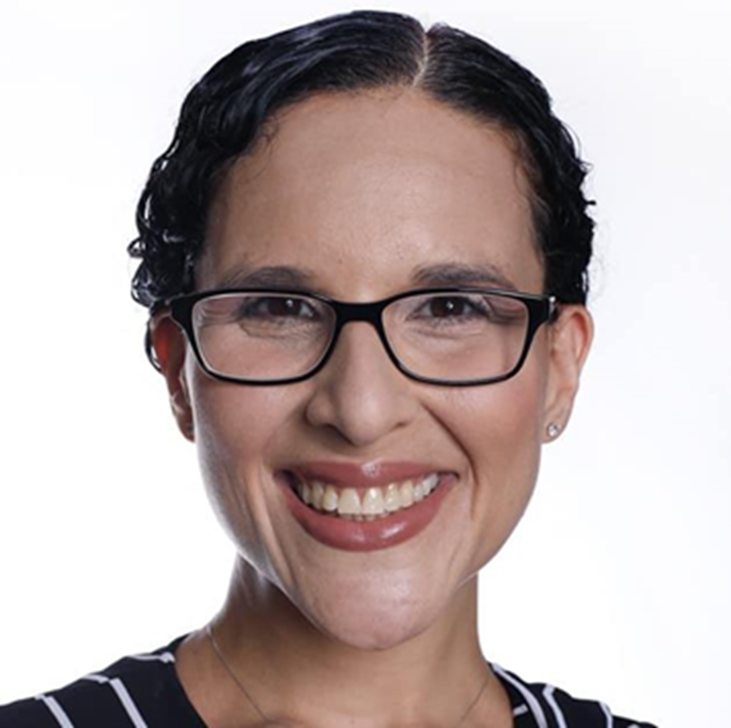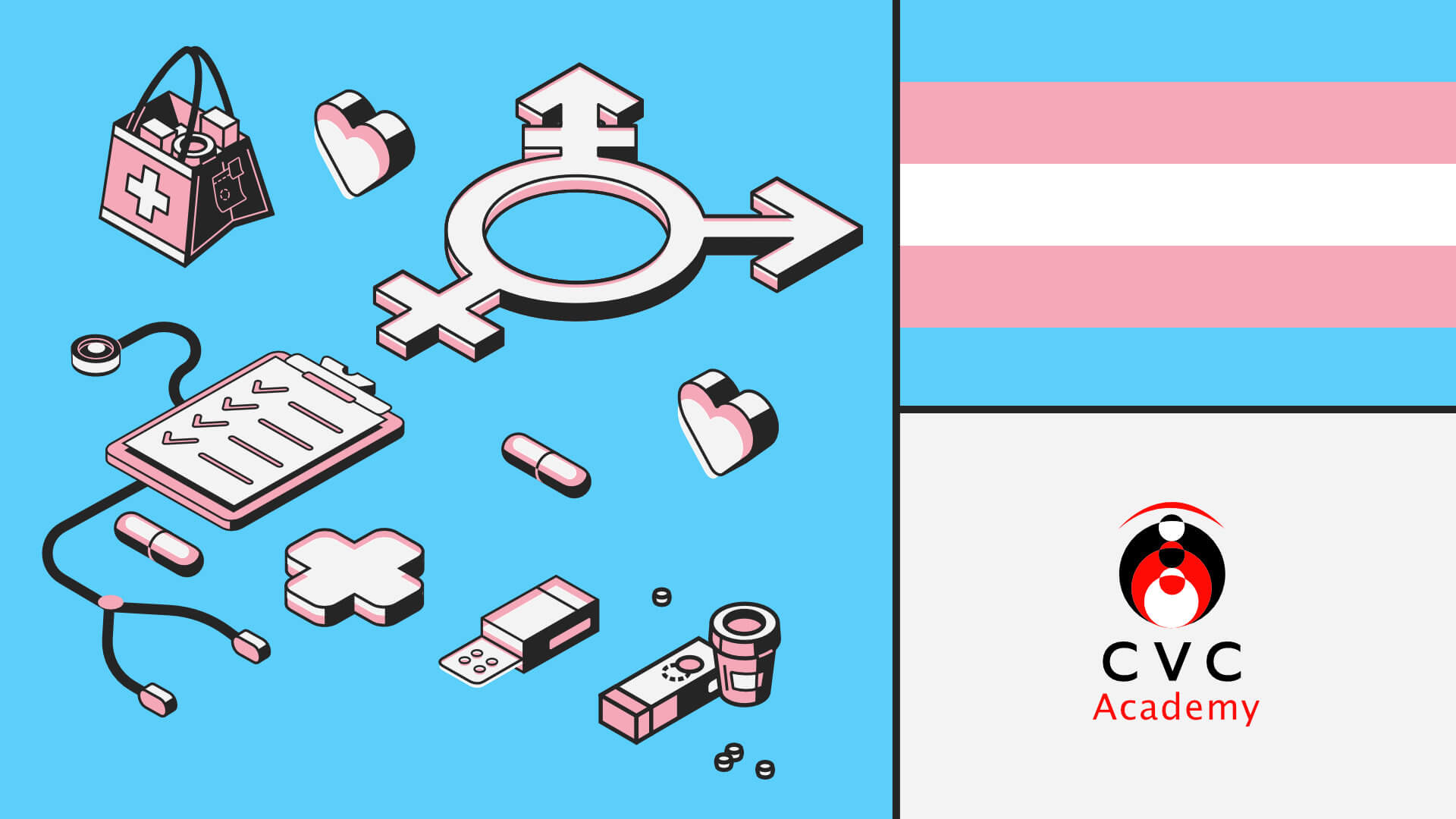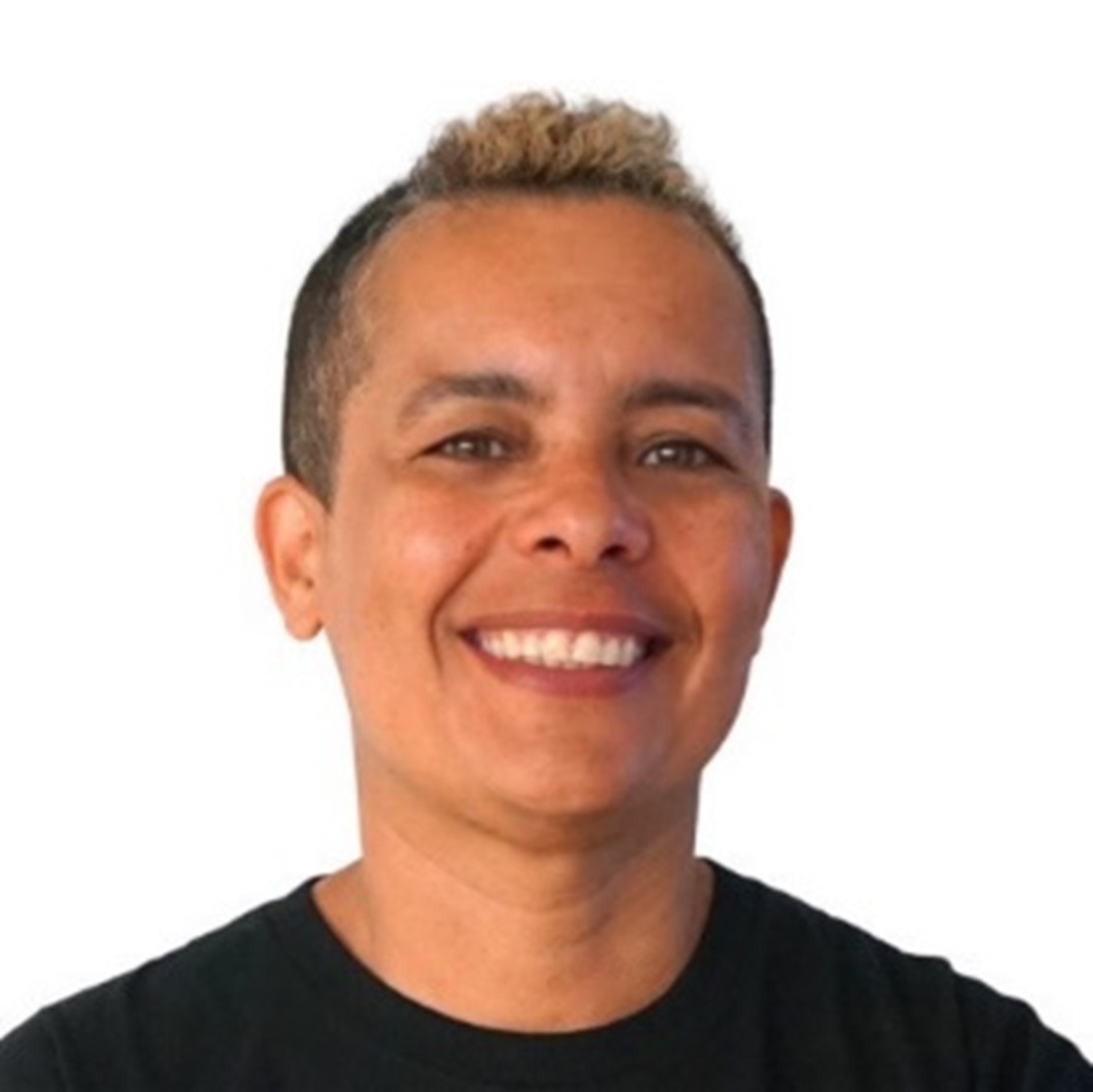
Dr. Eunice Avilés
Dr. Aviles has a doctorate in Clinical Psychology, is a Licensed Mental Health Counselor, a Licensed Professional Counselor, a Gender Specialist, a certified Sex Educator, and an AASECT Certified Sex Therapist. She is a full member of the World Professional Association for Transgender Health (WPATH). Dr. Avilés has had the opportunity to work with transgender and gender nonbinary individuals and their families for over 15 years.



